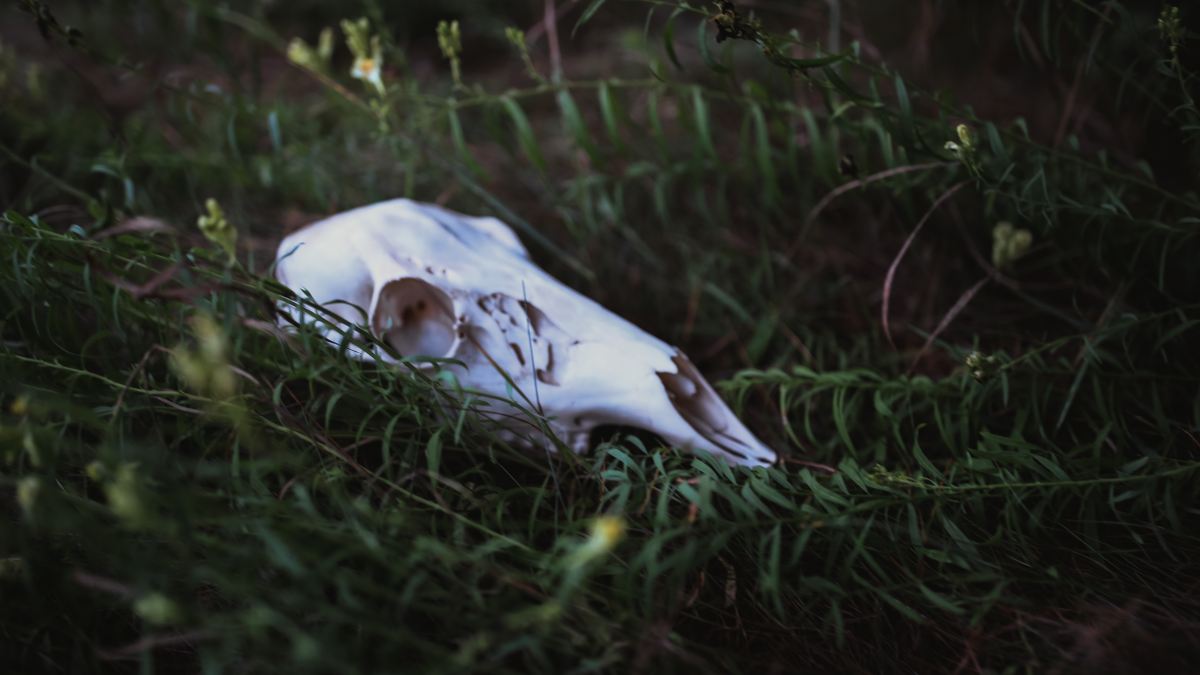Before our ancestors became master meat-eaters, they may have feasted on bones and brains.
New research has suggested nutrient-rich marrow and brain matter consumed by early hominins may have contributed to early humans’ brain development, The Atlantic reported.
The research, which was first published in February’s issue of Current Anthropology, countered a prevailing understanding of human evolution that links flaked-tool use and meat consumption to cerebral expansion in early humans. The new paper elaborated on an opposing theory that first attracted attention in the 1980s, suggesting early hominins first accessed these brain-feeding nutrients not through animal flesh, but from other animal parts scavenged from carcasses.
In the new paper, the research team provided support for the opposing theory, arguing that harvesting outer-bone meat would have posed significant risks with few benefits to early species of humans. The paper argued that marrow and bones would have been much more easily gathered, preserved and consumed than meat, according to The Atlantic.
As the paper’s authors argued, it was percussive tools, i.e. rocks, not flaked tools, that allowed early humans to access the brain-building nutrients that became crucial to the species’ evolution. Rocks were used to bash open bones, a significantly easier process than the painstaking sharpening of flaked tools, claimed the authors.
While the theory posited by the new paper proposes a seemingly small revision to our understanding of early man, it’s “an important nuance,” as paleoanthropologist Briana Pobiner told The Atlantic.
The authors suggested future research could test the theory by seeking out further evidence of percussive tools predating flaked instruments. Such evidence, The Atlantic noted, could prove a theory that would greatly influence our understanding of human evolution.
Thanks for reading InsideHook. Sign up for our daily newsletter and be in the know.


















